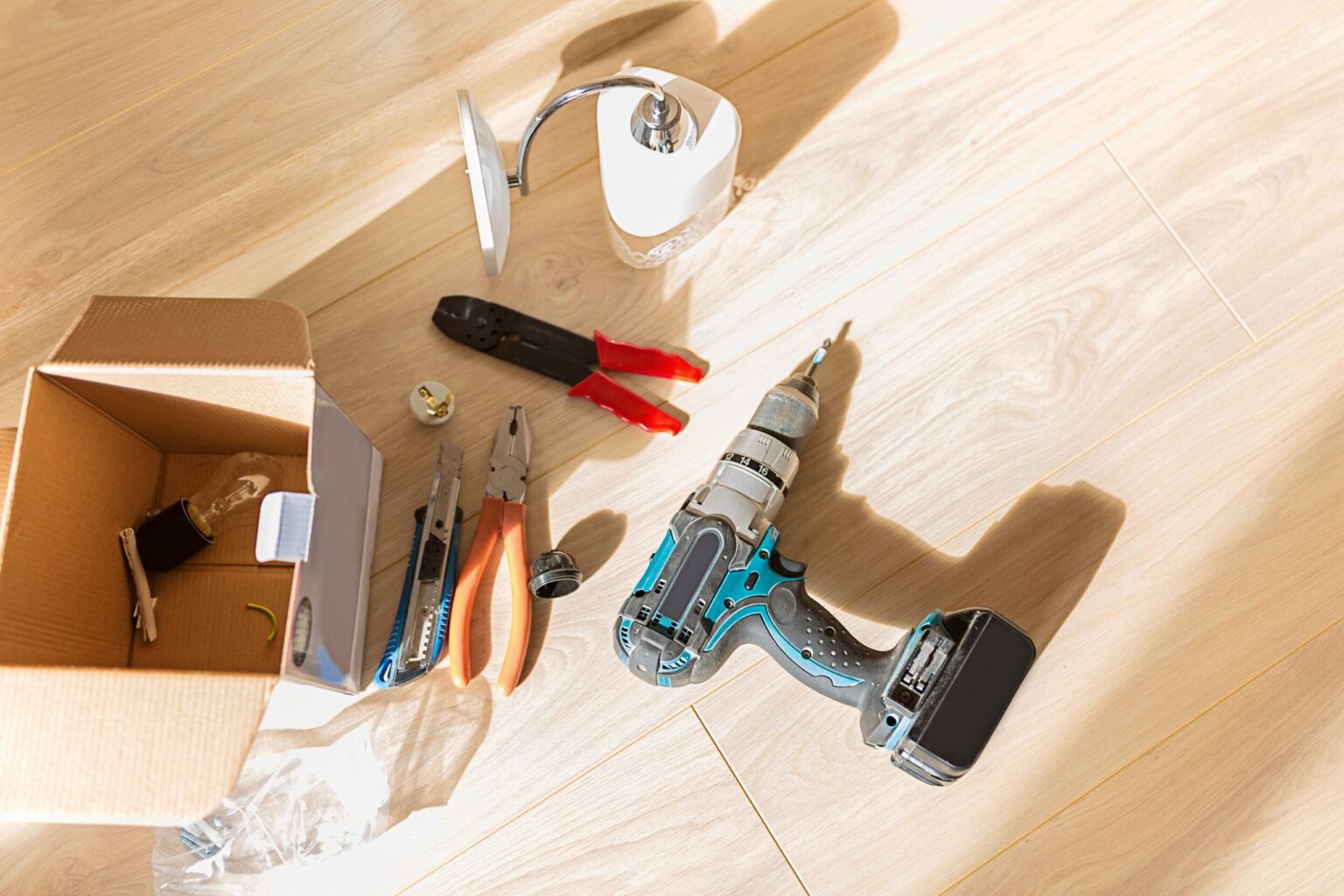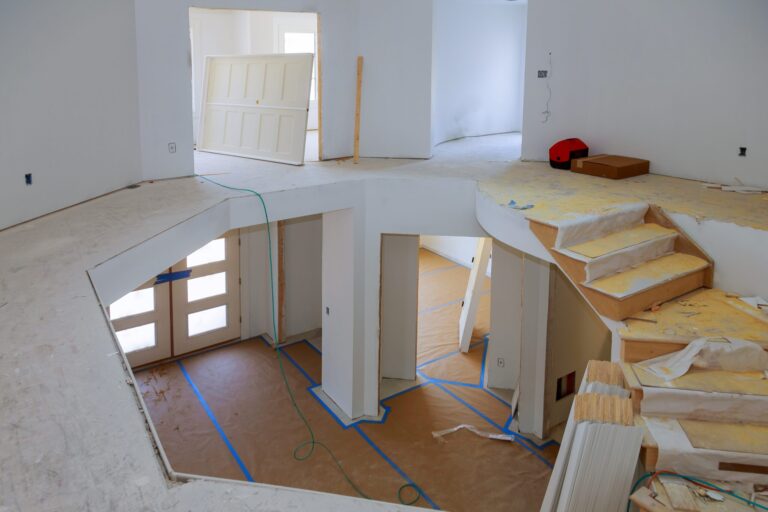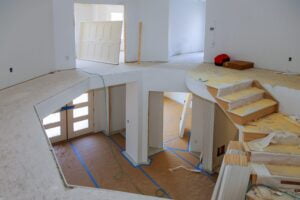As a homeowner, you’ve probably realized that there’s always something to maintain, repair, replace or update. And let’s face it, home repairs and maintenance aren’t always cheap. Understanding how to budget for home repairs is a vital aspect of homeownership that is often overlooked. Wouldn’t it be nice to have money set aside when something goes wrong instead of facing these costs head-on with no preparation? Below we will provide strategies on how to effectively budget for home repairs.
The Importance of A Home Maintenance Budget

Homeownership can bring immense satisfaction, but it also comes with its challenges. Among these challenges is the need for regular home maintenance. A home maintenance budget can prove to be a lifeline when unexpected repairs come knocking on your door. When it comes to home maintenance, it’s not a question of if your home will need repairs, but when. A properly structured budget helps you manage these costs.
From suddenly needing the services of an ac repair las vegas nv to replacing a leaky roof, home repairs are unpredictable. With a home maintenance budget in place, you reduce the stress associated with footing these bills. You also aid in preserving, if not increasing, the value of your home. A well-maintained home has a higher market value compared to one that has been neglected.
But how does one go about setting up a home maintenance budget? To budget effectively, homeowners need to consider several factors. These include the age of their home, the climate of their location, the general condition of the property, and the home’s size.
Setting Up A Home Maintenance Budget
The one percent rule is a commonly used guideline in budgeting for home repairs. Essentially, it stipulates that homeowners should set aside one percent of their home’s purchase price each year for ongoing maintenance. For example, if your home was bought at $250,000, a reasonable budget to set aside annually for repairs would be $2,500.
However, this rule may not be sufficient for older homes, as these often require more extensive and frequent repairs. A more comprehensive approach would be to set aside a certain sum each month towards a home maintenance fund. This strategy spreads out the financial burden instead of having to find a large sum all at once.
For those who would like to pursue this approach, but find it challenging to set aside funds on a regular basis, personal loans can be a viable option. This can provide a lump sum to be used towards immediate critical repairs while giving you the flexibility to repay over a predetermined timeline.
Going Beyond the Budget—Preventive Measures

Your budget, while vital, is just one aspect to consider. Many homeowners fail to take preventive measures that could result in significant savings down the line. For instance, regular inspections can identify potential problems before they become critical.
However, it’s important to keep in mind that preventive measures come at a cost. Routine maintenance expenses, such as regular HVAC service checks, should therefore be factored into the home maintenance budget. This ensures that these anticipated costs are not overlooked.
The reality is, creating a budget doesn’t prevent the need for repairs. It only eases the financial burden when such needs arise. Therefore, pairing your budget with preventive measures can considerably reduce the chance of unbudgeted high-expense repairs.
Planning for Large Scale Repairs
Larger-scale repairs like roof replacements or home renovations can throw your home maintenance budget off balance. Therefore, it is always advisable to have a separate savings account for large-scale repairs.
When setting up a savings account for these types of repairs, it may be necessary to allocate extra funds on a regular basis to keep a healthy balance for the unforeseen. Start saving for these repairs as soon as you move into your home, if possible. The earlier you begin saving, the better.
Large-scale repairs should be on everyone’s radar, regardless of the age of your home. Age, general wear and tear, and even unexpected events like natural disasters can often necessitate significant repairs.
Overall, managing a home is more than just decorating and cleaning. It involves substantial monetary commitment towards regular repairs and maintenance. Having a structured home maintenance budget in place helps manage these expenses effectively, ensuring the property remains in excellent condition. With preventive measures and contingency plans for large-scale repairs accompanying your budget, you can enjoy your home without the constant worry of repair expenses.











